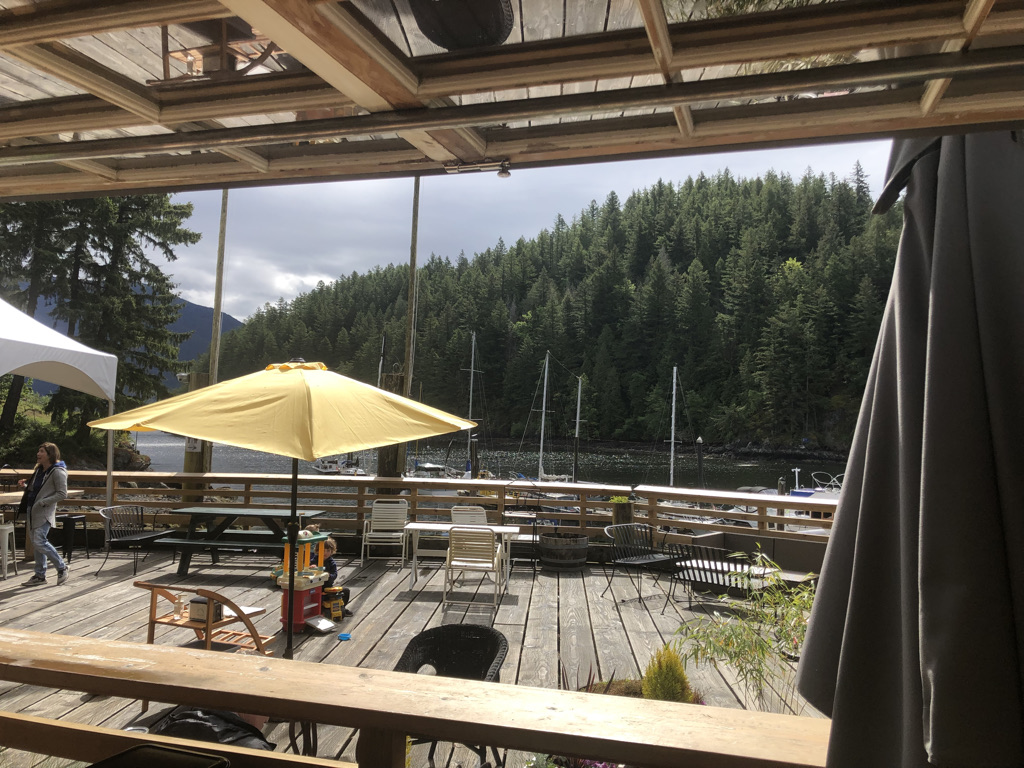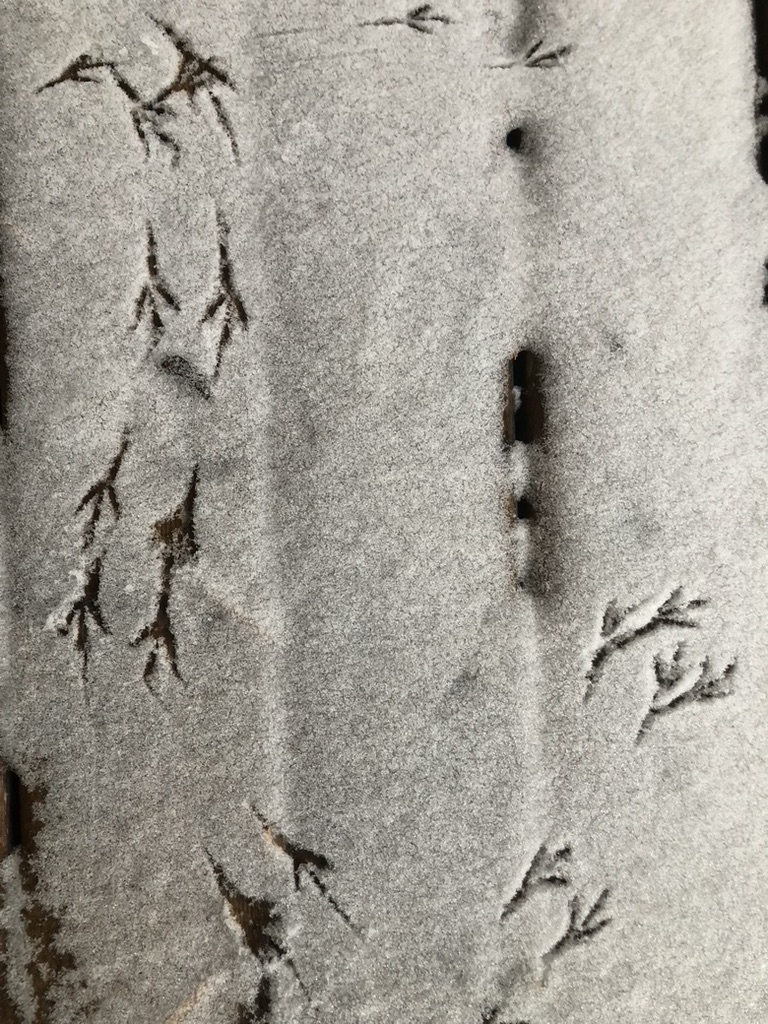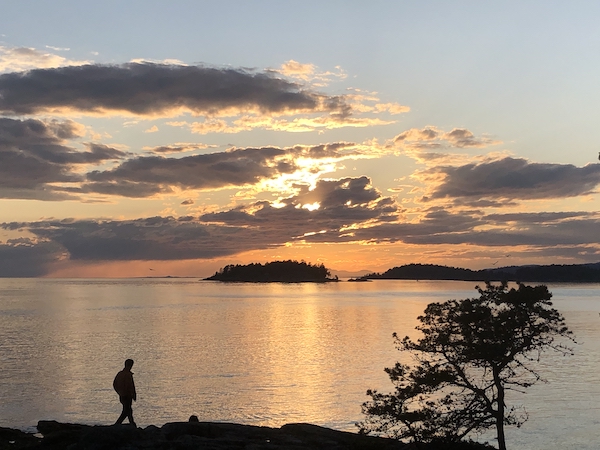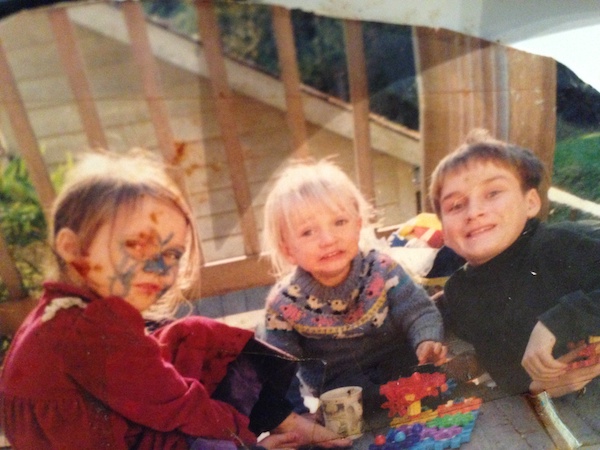
“Many others have written their books solely from their reading of other books, so that many books exude the stuffy odour of libraries. By what does one judge a book? By its smell (and even more, as we shall see, by its cadence). Its smell: far too many books have the fusty odour of reading rooms or desks. Lightless rooms, poorly ventilated. The air circulates badly between the shelves and becomes saturated with the scent of mildew, the slow decomposition of paper, ink undergoing chemical change. The air is loaded with miasmas there. Other books breathe a livelier air; the …

For about the past ten years or so I’ve been playing with various ways to teach Cynefin to groups. In every instance I start with some kind of experiential exercise to help people notice that there are different kinds of problems and situations that require us to act in different kinds of ways. I have a couple of posts on different p[hysical exercises you can do with groups when you are face to face, and they are documented here and here. My little obsession with gamifying Cynefin led to being invited to contribute a chapter on this process in the …

James Gleick, the author of the classic book “Chaos: Making a New Science” has written a terrific review of Jill Lepore’s new book “If Then: How the Simulmatics Corporation Invented the Future.”The book covers the origin of data science as applied to democracy, and comes as conversations about social media, algorithms, and electoral manipulation are in full swing due to the US election and the release of The Social Dilemma. Gleick’s review is worth a read. He covers some basic complexity theory when working with data. He provides a good history of the discovery of how the principles of “work …

I adore Alicia Juarerro’s work. So much so that I just watched a short video and spent the last hour writing about it. Here’s what I’m learning Alicia Juarrero is a philosopher whose thinking about causality, complexity, action, and emergence has been critical to some of the ways in which folks like Dave Snowden have thought about this field. Her book Dynamics in Action is a really important read, packed full of thinking about complex systems and constraints. It’s a hard book to get into – indeed advice I have had from others is “start in the middle” (a helpful …

From the time my daughter was born in 1997, my partner and I went hard on studying learning theory to understand how kids learn, what’s good for them and how to support their growth. These little beings don’t come with instruction books. It’s hard enough to learn how to feed and maintain them, let alone figure out how to help their brains and hearts grow. We studied for a lot of years and gradually landed on the work of John Holt, an educational psychologist who, in the 1960s and 1970s, studied how children fail in the Boston school system. Motivated …

